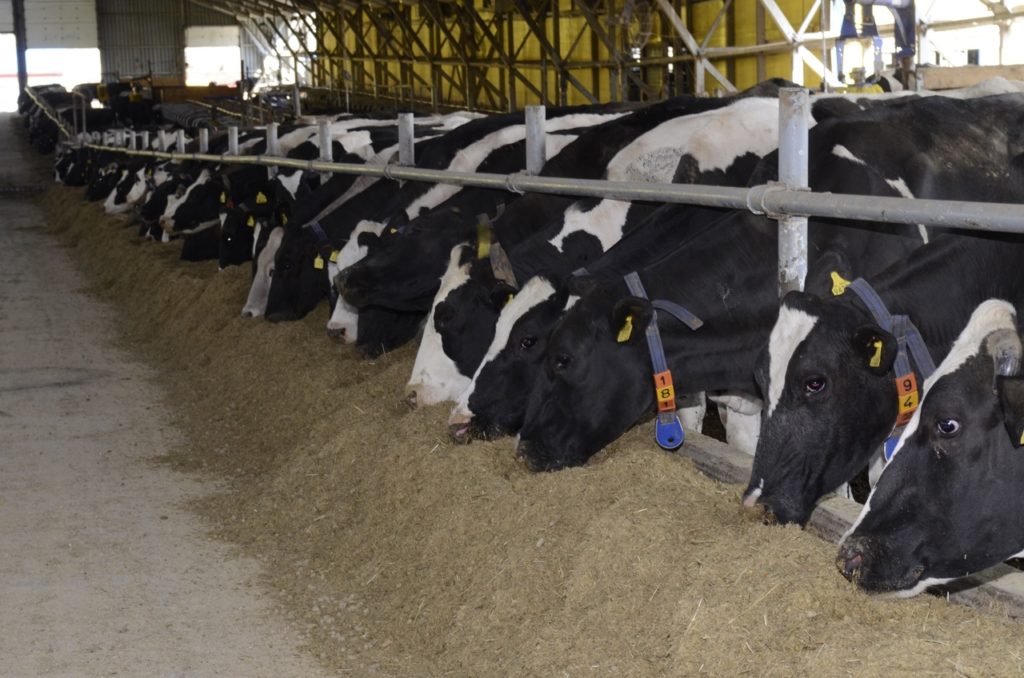Cows that are fed with the spent grains produced during the brewing of beer produce 13% less methane, according to a study carried out by the Flemish institute for agricultural, fisheries and food research (ILVO).
Methane is one of the greenhouse gases responsible for climate change, and much of it is produced by cows. The gas is emitted as cows burp while eating, and even when exhaling during the process of chewing the cud.
Methane is produced in much smaller quantities, around 5%, contrary to popular wisdom, at the other end of the digestive process.
The ILVO study looked at how cattle feed can influence the output of methane, and found that spent grains from brewing was able to slow down and improve digestion, as well as cutting methane production by 11-13%.
Spent grains are what is left over after barley is boiled in the first part of the brewing of beer. The mixture of barley and water, known as wort, is strained and the liquid left to ferment, while the solid material is left over, usually ending up as part of cattle feed used by farmers living close to a brewery.
But the spent grains by themselves are not enough.
“If we look at spent grains alone added to cattle feed, there’s no reduction of methane,” explained Sam De Campeneere of ILVO. “Only when it is used in combination with rapeseed meal – a residue of the conversion of rapeseed for the oil industry – can we measure less methane. Why that is, we’re not yet able to say.”
The use of brewers’ grains has another advantage – the reduction of the use of other feed ingredients.
“By using the by-products of another process, other raw materials, such as extra soya, do not need to be added to the feed,” De Campeneere said. That reduces the ecological footprint of the farm, since soya has to be transported further, while the farming of soya and the clearing of land required adds to the product’s footprint.
The effect, he said, is to cut the footprint of a litre of milk by 31%.
The ILVO study was carried out based on the 166 cows of a farmer in Alken in Limburg province, who used spent grains from the Alken-Maes brewery in the province.
“Every month we take 30 tonnes,” dairy farmer Raf Nagels told agricultural website VILT. “Spent grains not only increase the protein content of our feed, it also stimulates digestion. And the cows love it. Better for the cow, and better for the environment. A win-win.”
Alan Hope
The Brussels Times

